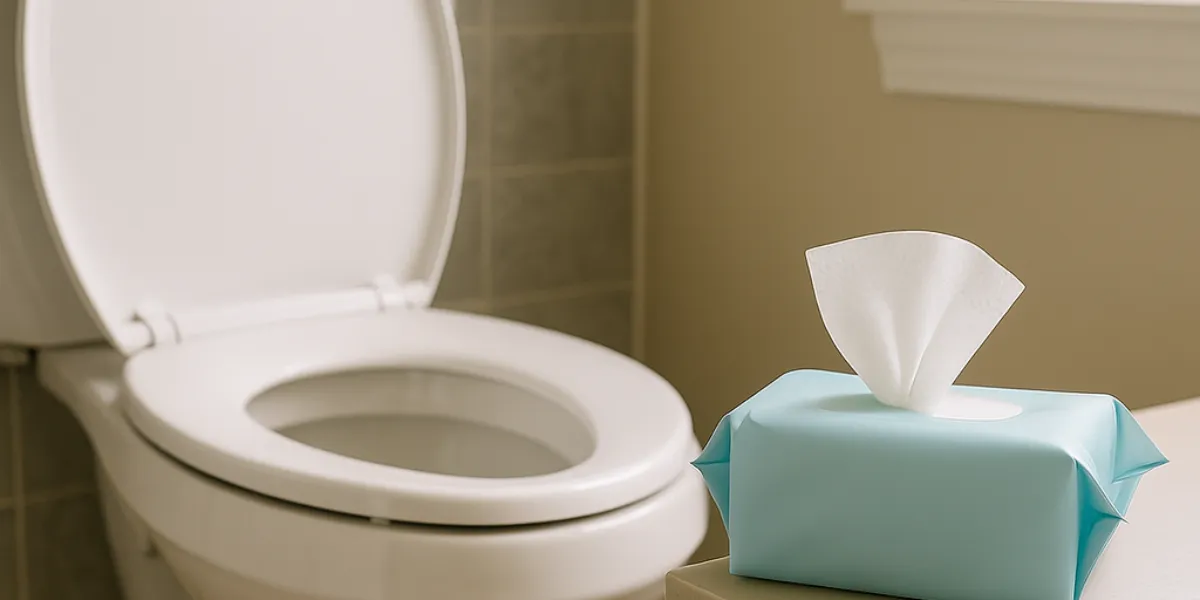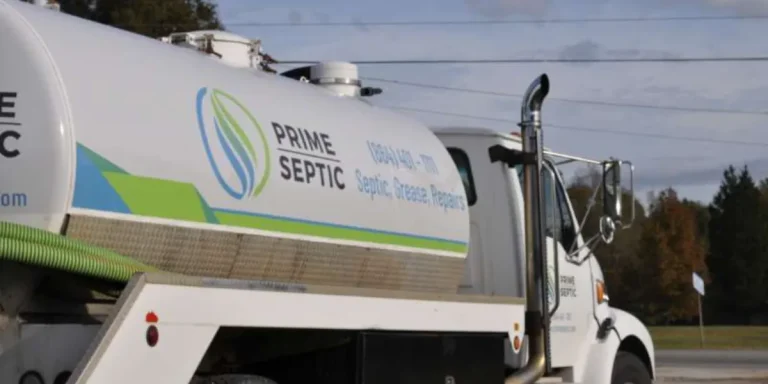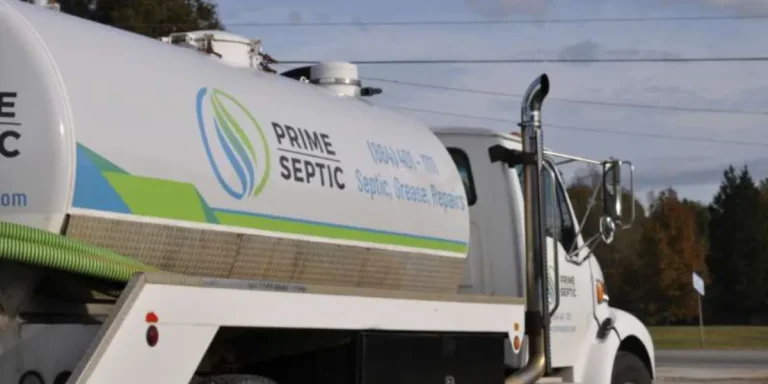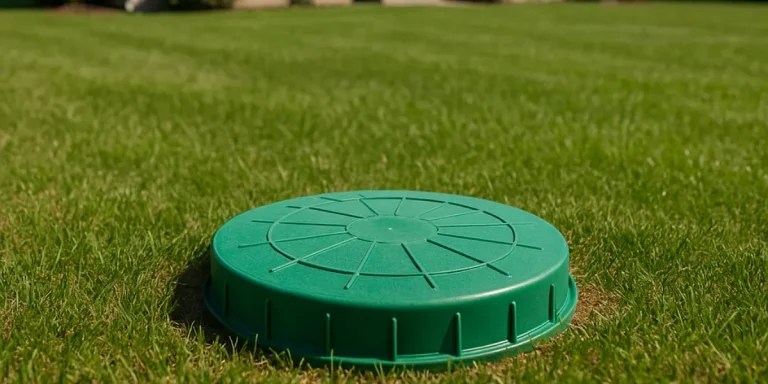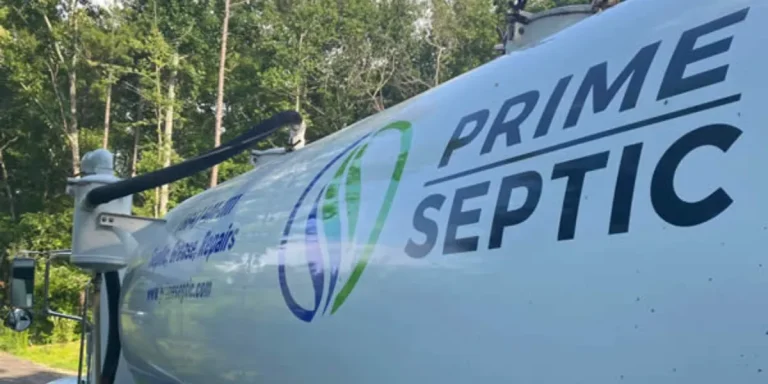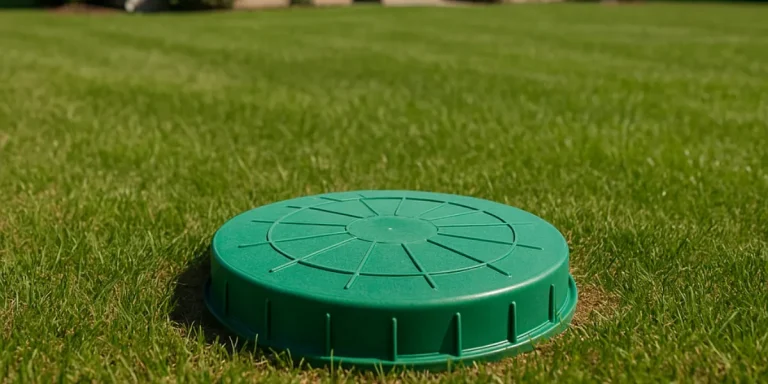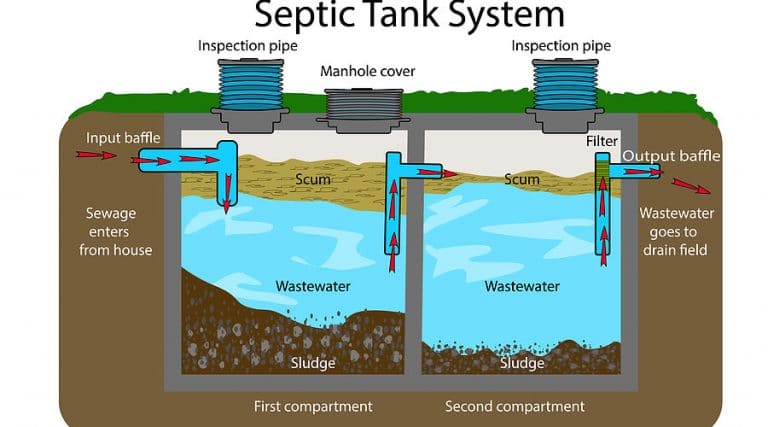The Risks of Flushing “Flushable” Wipes
The word "flushable" on a package might seem like a green light — but when it comes to your septic system, it’s anything but. Despite marketing claims, flushable wipes are not septic-safe and can cause serious problems over time.
At Prime Septic, we regularly help homeowners in Belton and surrounding areas who are dealing with clogged pipes, backed-up tanks, and even damaged drain fields — all caused by so-called “flushable” wipes.
If you’re using them in your home, here’s what you need to know.
Are “Flushable” Wipes Really Flushable?
The word “flushable” on a product label often gives homeowners a false sense of security. Just because something fits down your toilet doesn’t mean it belongs in your septic system.
What “Flushable” Really Means
In most cases, “flushable” simply means the wipe won't clog your toilet bowl immediately — not that it will safely break down in your plumbing or septic tank. Unlike toilet paper, which is engineered to dissolve quickly in water, most flushable wipes are made from durable synthetic fibers like polyester, polypropylene, or rayon. These materials are chosen specifically for their strength and moisture resistance — the very qualities that make them a hazard once flushed.
How Wipes Behave Inside Your Septic System
Once inside your tank, so-called flushable wipes:
-
- Remain largely intact for days, weeks, or even months
- Resist microbial breakdown that normally decomposes organic matter
- Tangle with other solids such as hair, feminine products, or grease
- Form dense mats or clumps that block baffles and pipes
Unlike toilet paper — which starts to disintegrate within seconds — wipes can float, sink, or drift around the tank until they become a problem.
Wipes vs. Toilet Paper: A Closer Look
Here’s a quick comparison:
-
- Toilet paper:
-
- Made from biodegradable cellulose
- Breaks down rapidly in water
- Safe for septic tanks when used in reasonable amounts
-
- Flushable wipes:
-
- Contain plastic or synthetic blends
- Do not dissolve in water
- May require manual removal during septic service
-
- Toilet paper:
If you're relying on septic pumping, baffle inspections, or drain field maintenance from Prime Septic, it's important to avoid anything that adds unnecessary stress to your system. Wipes are a leading cause of premature pump-outs, clogged filters, and even system failure.
A Better Approach
To protect your system and avoid costly repairs:
-
- Dispose of all wipes (even flushable ones) in the trash
- Educate family members and guests about what shouldn’t be flushed
- Schedule regular septic inspections to catch buildup early
What Happens When You Flush Wipes?
Flushing wipes may not seem like a big deal at first. They disappear with a flush, and everything seems to work just fine. But behind the scenes, those wipes can silently build up inside your septic system — until the damage becomes impossible to ignore.
Even wipes labeled as “flushable” or “septic-safe” don't break down like toilet paper. Instead, they remain intact and create blockages or strain system components. Over time, this can lead to unexpected repairs, expensive pump-outs, or even system failure.
Here’s what really happens when you flush wipes into your septic system:
1. Clogged Inlet and Outlet Baffles
Inside every septic tank are inlet and outlet baffles — they control the flow of wastewater and help solids settle properly. When wipes are flushed, they often get snagged on these baffles and begin to accumulate. Over time, this buildup restricts the flow and prevents the tank from functioning as designed.
-
-
- This leads to backups inside the tank, which can overflow into your home or yard.
- The blockages may require a camera inspection or even baffle repair or replacement, both of which can be avoided with proper habits.
-
Prime Septic offers septic inspections to identify these issues early and prevent full-blown system failures.
2. Pump and Grinder Damage
Some septic systems include pumps or grinders to help move wastewater through pipes or lift it to higher ground. Wipes are especially dangerous to these components.
-
-
- Wipes can wrap around motor parts, jam impellers, or burn out the pump entirely.
- Grinder pumps are particularly vulnerable, as fibrous materials like wipes aren’t easily shredded.
-
At Prime Septic, we specialize in septic pump inspections and replacements. If you rely on a pump system, avoiding wipes is one of the best ways to extend its life.
3. Premature Pump-Outs
Septic tanks are designed to store solids and allow liquids to flow into the drain field. Wipes that don’t decompose add to the solid waste layer, which fills your tank faster than normal.
-
-
- A tank that might normally go 3–5 years between pump-outs may now need one every 1–2 years.
- If ignored, the tank can overflow and send solids into your drain field, causing even bigger issues.
-
To prevent this, Prime Septic offers routine septic tank pumping and maintenance scheduling to keep your system operating efficiently.
4. Drain Field Blockage
The most costly consequence of flushing wipes is damage to your drain field — the system of perforated pipes buried underground that filters and disperses treated wastewater.
-
-
- Wipes can reach the drain field and clog the distribution lines, preventing proper filtration.
- The soil can become saturated or contaminated, leading to sewage surfacing in your yard or plumbing backups in your home.
-
Drain field repairs or replacements are some of the most expensive septic system services, often costing thousands of dollars. But they can often be avoided with responsible use and timely intervention.
Prime Septic provides expert drain field evaluations, jetting services, and system repairs for homeowners throughout the Belton area.
Real Example: A Costly Cleanup in Anderson County
We recently helped a homeowner in Anderson who had been flushing “septic-safe” wipes for over a year. Their tank became so full of fibrous materials that it clogged the outlet pipe and backed sewage into their yard. Not only did they need an emergency pump-out, but the baffle had to be replaced, and part of their drain field required restoration.
It was a preventable issue — and unfortunately, a common one.
What to Do Instead
If you're currently using flushable wipes, the safest thing you can do is stop flushing them. Even wipes labeled “septic-safe” or “biodegradable” can take far too long to break down and should be treated like trash.
Better alternatives include:
-
- Toilet paper only in toilets — no wipes, feminine products, or paper towels
- Disposing of wipes in the trash with a lined bin
- Using a bidet for a similar hygiene effect without the waste
Protecting your septic system starts with being careful about what goes down the drain.
How Prime Septic Can Help
If you've been flushing wipes — whether knowingly or not — it’s a good idea to have your system inspected. At Prime Septic, we provide:
-
- Septic tank pumping and inspections
- Camera inspections to assess potential clogs or baffle issues
- Septic system repairs, including pump and drain field service
- System locating to mark sensitive areas on your property
We serve residential and light commercial properties throughout the region with fast, honest, and professional service.
Proudly Serving Belton and Nearby Communities
Prime Septic proudly serves customers in:
If you're unsure whether your septic system has been impacted by wipes, we’re here to help.
Don’t Wait Until There’s a Backup
Let’s fix the issue before it becomes an emergency.
If you’ve been using flushable wipes and want to protect your septic system, call Prime Septic today. We’ll inspect your tank, pump it if needed, and give you clear advice on how to avoid future issues.
Request a free estimate or schedule your service now — we proudly serve Belton, Anderson, Greenville, and the surrounding South Carolina communities with trusted, local septic care.

